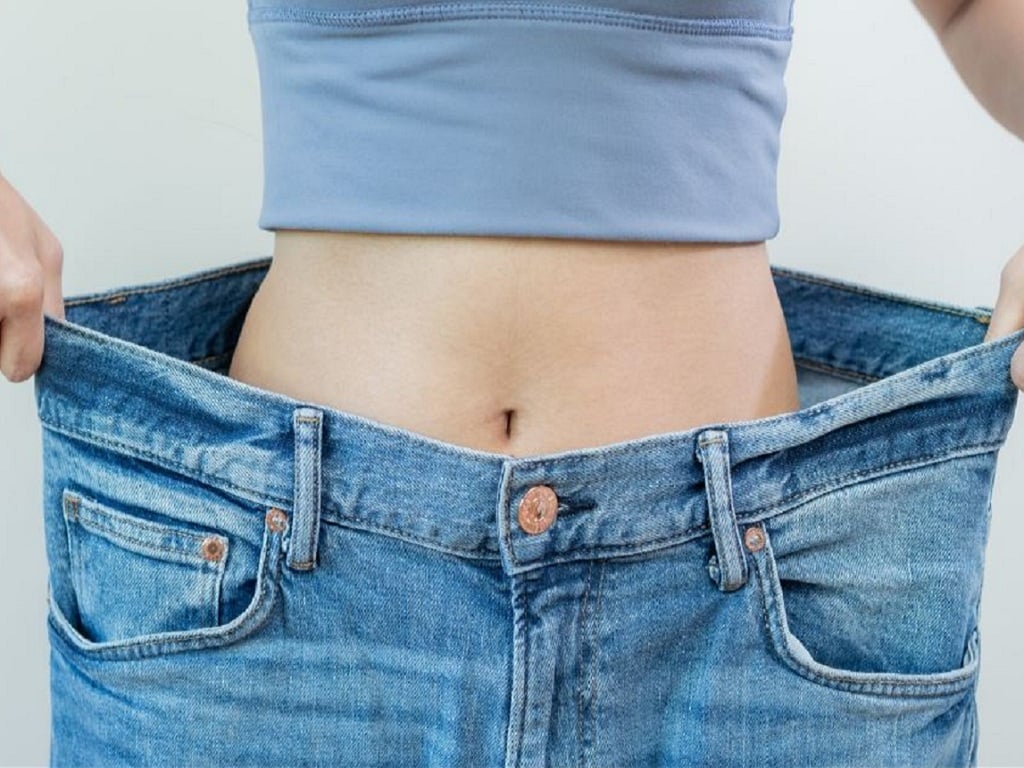Weight plateau is a condition where, despite maintaining a calorie deficit diet and exercising regularly, the body is unable to lose any more weight, even if there is still a lot of fat around the abdomen. This phenomenon is a real barrier for people who are trying to eat and exercise to achieve a dream body and weight, according to The Conversation (Australia).

Weight plateaus make it difficult to lose those last few pounds of fat.
In fact, weight loss is a natural biological mechanism of the body. When we adjust our diet, reduce calories and increase physical activity, the calorie deficit will be very large. Thanks to that, weight and excess fat in the body will decrease.
A person who has successfully lost weight will be happy, but the biological body does not react that way. Because the weight is decreasing, the body will react as if there is some natural threat, such as food scarcity, and trigger a physiological response to protect.
This reaction will slow down the metabolism so that the body burns fewer calories, while stimulating the hunger hormone ghrelin to cause cravings and increase fat storage. This mechanism helps increase the ability to survive and survive in nature, but for people who lose weight, it slows down the rate of weight loss, and then gradually stops completely.

When experiencing weight loss, people should make some adjustments.
Research suggests that plateaus can begin 3 to 6 months after weight loss. For people who lose a large amount of weight, such as several dozen pounds, plateaus may occur later. However, by the time they reach their last 5 pounds of excess fat, they will have lost no more.
When people experience a weight plateau, they need to make some adjustments. First, they need to reconsider their weight goals. It is not always good to continue losing weight. If you cannot lose weight, it is better to increase muscle mass while reducing excess fat mass. The weight may not change, but the ratio of fat to muscle will change.
Stress management is also important because stress increases the body's cortisol levels, which stimulates fat storage and causes cravings, according to The Conversation.
Source link






























![[Photo] Gia Lai provincial leaders offer flowers at Uncle Ho's Monument with the ethnic groups of the Central Highlands](https://vphoto.vietnam.vn/thumb/1200x675/vietnam/resource/IMAGE/2025/7/9/196438801da24b3cb6158d0501984818)





































































Comment (0)